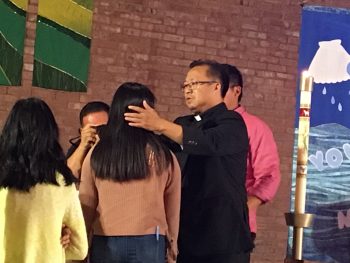Spicing up your property management … with less salt
January 9th, 2019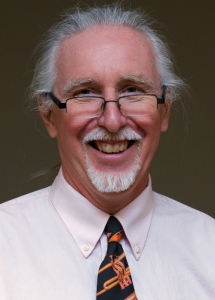 By Bob Hulteen
By Bob Hulteen
How much does the Bible have to say about salt? A Lot. (Get it? That’s kind of funny, right? Okay, please don’t let a bad pun keep you from reading the rest of the blog.)
Another question: How much salt does it take to contaminate a five-gallon pail of water? Guesses? The answer is one teaspoon, according to Gael Zembal, education and outreach coordinator of the Nine Mile Creek Watershed District, headquartered in Eden Prairie.
That’s part of the reason Gael and her colleagues from Riley Purgatory Bluff Creek, Coon Creek, and the Minnehaha Creek watershed districts offer fall/winter workshops for church staff about the use of salt on parking lots and sidewalks. As significant property owners within a community, congregational leaders have a responsibility to reflect on the impact of choices on the lives of their neighbors.
UNEXPECTEDLY FOR ME, WORKSHOP LEADERS acknowledged early on the requirement for property managers to be concerned for safety. But, by teaching participants about proper techniques, safety can increase even while cost and environmental harm decrease. Like most things, intentionality is the primary requirement.
Sitting through a two-hour interactive presentation, I learned the difference between deicing and anti-icing, an appropriate distribution pattern for salt on sidewalks, storage best practices, and the impact of small changes on Minnesota’s water quality. I even got to take back to the office a pavement thermometer (because the temperature of the pavement – not air temperature – determines the effectiveness of the various surface treatments).
“How much salt does it take to contaminate a five-gallon pail of water?”
Our public institutions, including the Minnesota Department of Transportation and the Pollution Control Agency, are committed to salt smart, meaning the use of an effective but limited amount of salt on roadways and walkways to protect public safety. These agencies have developed best practices. Watershed District office staff throughout our synod are willing to share their knowledge with institutional leaders (meaning us).
I encourage congregational leaders to do an assessment of salt use on your property. Then, coordinate with other congregations (either in your synod conference, text study group, or local ecumenical expression) to gather property managers and custodial staff for an in-service from your local watershed organization. It’s a fairly simple way to care for God’s creation.
After all, we are called to be “the salt of the earth,” not to salt our waterways. (Sorry, again, but that’s the best closing I could come up with. Look at the bright side; you don’t have to read any more.)
The story of about Lot’s wife being turned into salt is found in Genesis 19. The call to be the salt of the earth is from Matthew 5:13. Just FYI.

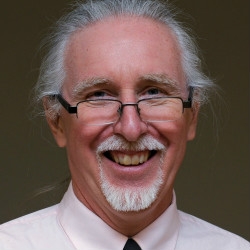
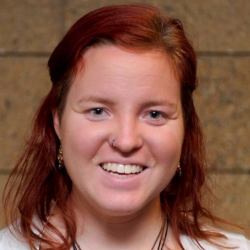
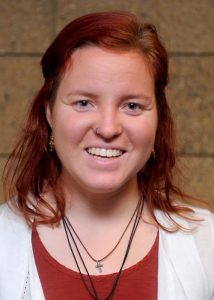 By Grace Corbin
By Grace Corbin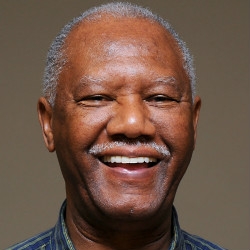
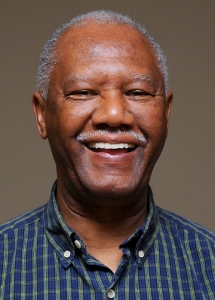 By Pastor Kelly Chatman
By Pastor Kelly Chatman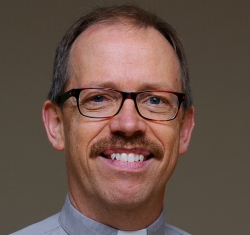
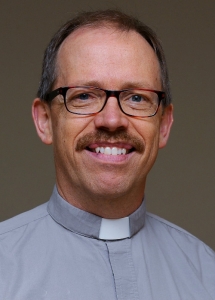 By Pastor John Hulden
By Pastor John Hulden 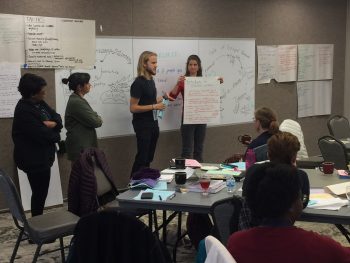
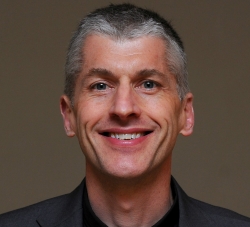
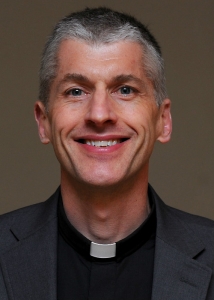 By Pastor Craig Pederson
By Pastor Craig Pederson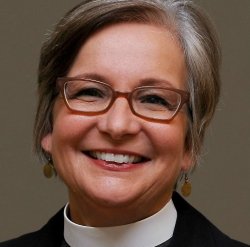
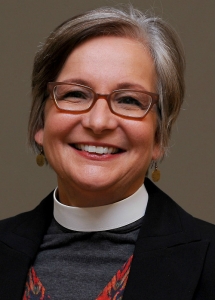 By Rev. Deb Stehlin
By Rev. Deb Stehlin 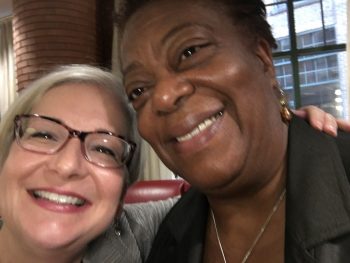
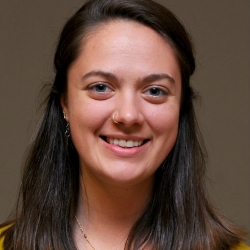
 By Emilie Bouvier
By Emilie Bouvier 